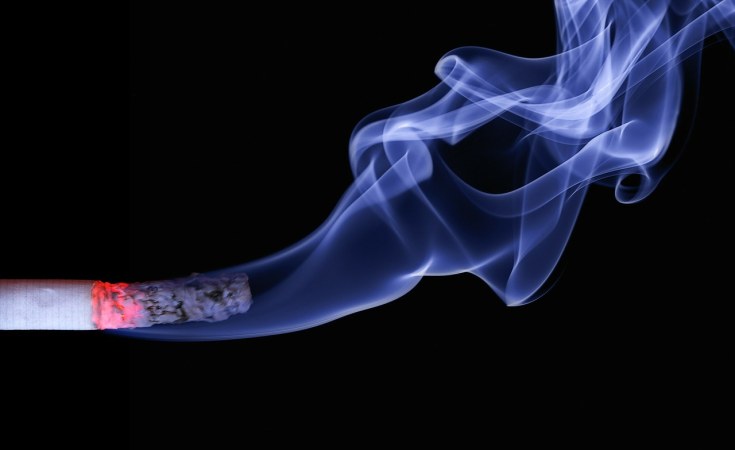World No Tobacco Day serves to increase awareness about the preventable death and illness associated with tobacco use. It also puts a spotlight on policies that governments can use to reduce consumption of tobacco products. Based on decades of evidence, the World Health Organization has declared tobacco taxes one of the most effective and cost-effective policy measures available to reduce tobacco use .
As researchers who investigate economic aspects of tobacco-control policies, we conducted a study to understand the potential for tax-led price increases to reduce cigarette smoking among young people (aged 11-17) in 16 sub-Saharan African countries. In this region the number of smokers is expected to increase because of fast population growth and marketing efforts by the tobacco industry to attract new users. In our study , we found that a high percentage of young people were smoking cigarettes.

The rates were 17.8% in Zimbabwe, well over 10% in the Seychelles, Mauritius, Mauritania and Madagascar, and between 6.5% and 9.
5% in Algeria, Cameroon, Gabon and The Gambia. Most adult smokers start smoking before the age of 20 . So it's best to avoid forming the habit in adolescence.
Africa lags behind Data from the most recent WHO report on the Global Tobacco Epidemic shows that African countries are currently the weakest performers in tobacco taxation. Excise taxes make up less than 30% of the price of the most popular cigarette packs. That's the lowest of the six WHO regional coun.























